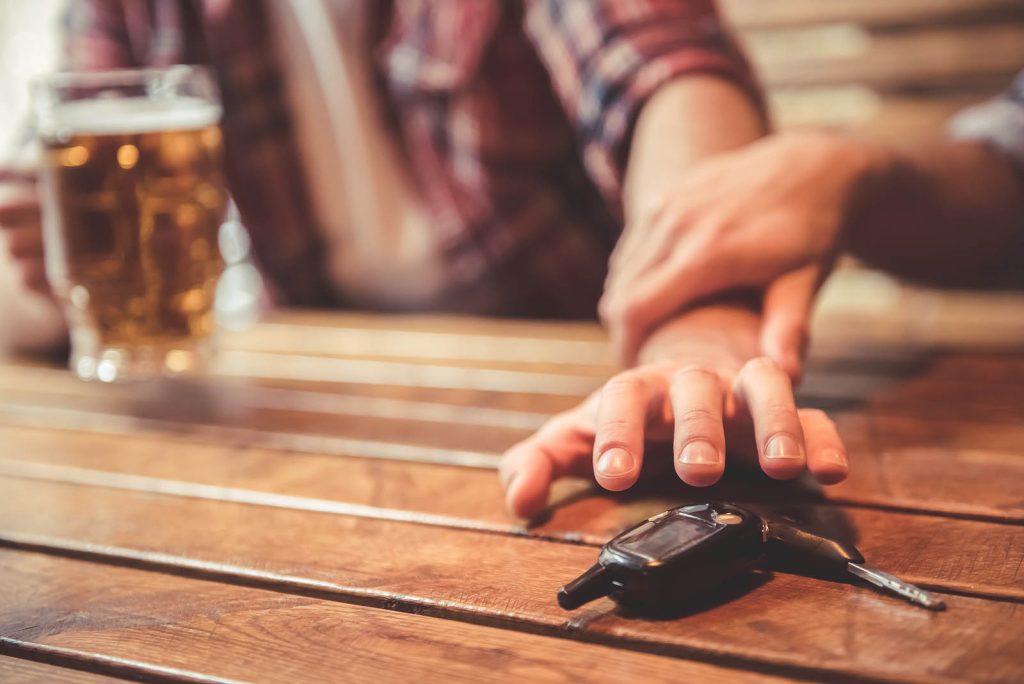Law enforcement set up a drinking-related roadblock and used it to stop and inspect all drivers and vehicles passing along a particular road. Police might use a popular route with more traffic to increase the chances of catching impaired drivers.
When using roadblocks, police must use their best judgment to avoid violating the Fourth Amendment. Police stop everyone at a roadblock, not just individuals they believe have been drinking and drinking—so caution must be used, and action should only be taken against drivers with clear and visible signs, such as bloodshot eyes and slurred speech, and more.
Law enforcement must follow proper DUI arrest procedures at roadblocks and checkpoints.
What is a DUI/DWI Sobriety Checkpoint?
A sobriety checkpoint, much like a roadblock, is a predetermined location set up by law enforcement to stop every vehicle or choose certain intervals to stop cars intermittently, such as every fourth or seventh car.
Law enforcement might ask a few simple questions to catch any signs of impairment at a sobriety checkpoint. A frequently asked question is whether you can avoid checkpoints. The answer is yes, though it might arouse even more suspicion or appear as if you have something to hide.
The police will likely only stop you if you are drawing attention to yourself, including swerving, driving aggressively, making an illegal turn, or similar actions like this.
What Happens if You Get Stopped at a Checkpoint?
Just because you get stopped at a DUI roadblock or checkpoint does not mean you are automatically arrested for drinking and driving. Police officers must have reasonable suspicion, not an assumption, that you have been driving under the influence.
They might ask you to participate in some questions, and if you show signs of drinking, they can conduct a field sobriety test. If you are caught at a checkpoint or roadblock, law enforcement must treat every driver fairly and with courtesy and respect while performing any searches.
They also must follow the law. Otherwise, you can consult an attorney and press charges.
What is the State’s Goal of Roadblocks and Checkpoints?
The Delaware Division of Alcohol and Tobacco Enforcement and the Delaware Office of Highway Safety aims to prevent death and serious injuries caused by impaired driving. Setting up DUI roadblocks and checkpoints is one way to accomplish this.
An example of this might include law enforcement “setting up” DUI checkpoints during popular drinking days, such as holidays, when parties and drinking-related activities are at an all-time high.
Contact our legal team for support to learn more about your legal rights at roadblocks and checkpoints or if law enforcement did not use proper protocol. Call: (302) 678-8700.





 CALL US NOW
CALL US NOW
